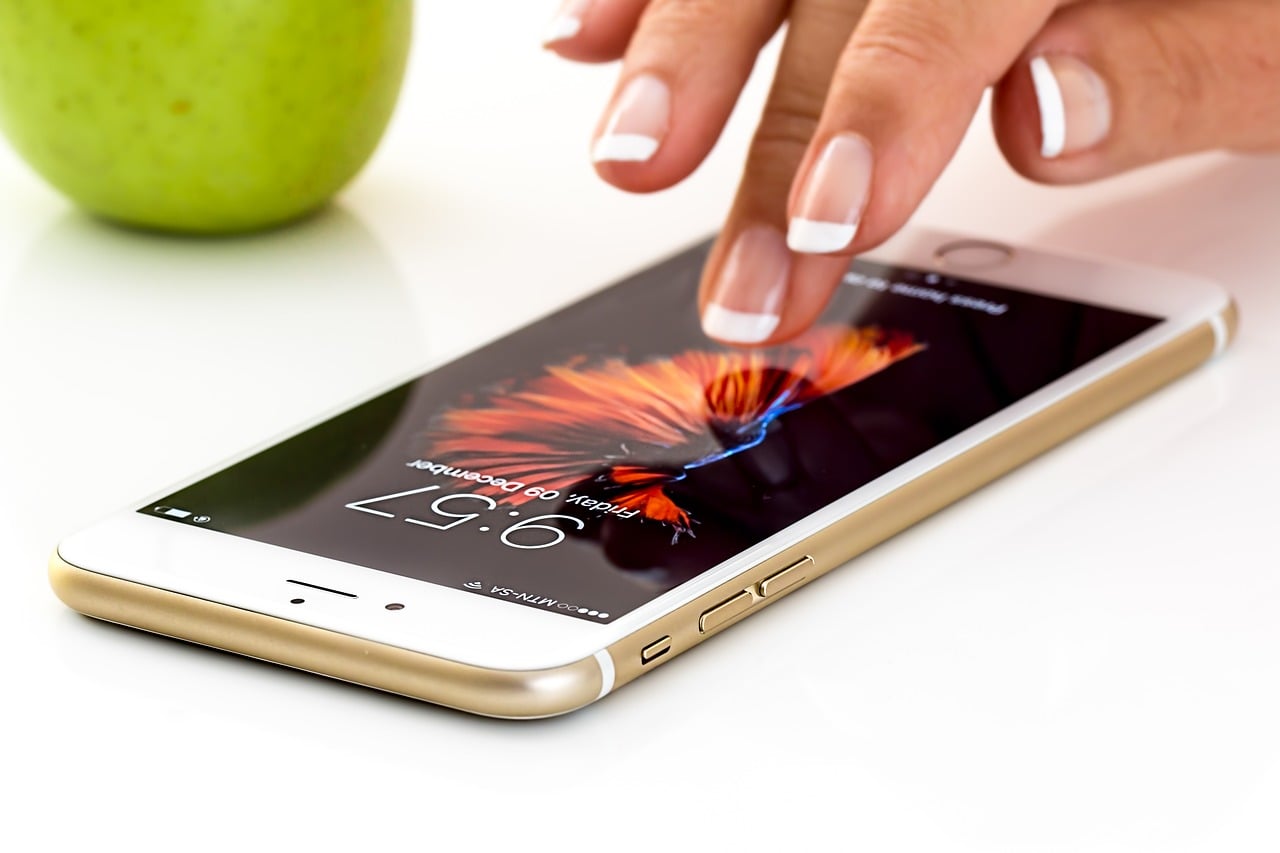A Q&A session between ValueWalk and Gunjankumar Solanki, a data scientist at Semantics3, discussing if Apple phones are going to command a premium in the future, trends in battery sizes and Android vs Apple.
Can you tell us about your background?
I’m a data scientist at Semantics3.
Q1 hedge fund letters, conference, scoops etc
What about your company?
We mine and analyze ecommerce data from the public web to generate meaningful and transformative insights.
Does your research show that Apple phones retail for $350 more than equivalent devices? Is that solely brand premium of $350?
Yes. We built a gradient boosting model to predict the price of a product given a specific set of features/variables. The model tracks the change in price relative to the change in a particular variable, for example brand, keeping all the other variables constant. Through this approach, we derived the dollar amount of sticker price that can be attributed to brand. So, in essence you pay $350 extra to buy an Apple device, as compared to an equivalent generic phone of the same specs.
This study was based on >20000 different smart phones, including pretty much every smartphone introduced into the market in the last ~20 years.
What can we expect going forward are Apple phones always going to command a premium?
Value of any product that enjoys network effects comes from the size of its user base. Considering the market share that Apple enjoys and the closed nature of its ecosystem, Apple products will continue to be valuable in the future and Apple can continue to charge a premium over the value it has built … until such a time that a newer technology disrupts the market itself and overcomes/outshines the significant value of this established network.
What other trends are you seeing in terms of battery sizes?
We see that battery sizes remained relatively constant until 2008. In the period after, batteries began to grow rapidly to support powerful smartphones. Recently, sizes have plateaued because (a) batteries tend to make phones heavier, and (b) since there have been no significant developments in battery technology.
Memory?
All the hardware components in smartphones, RAM, processor, camera, display saw rapid concurrent development to support their complements. Average RAM, for example, has increased by 8x over past decade.
Related to this what do you think of Huawei ban controversy? How will it impact the mobile market?
Huawei ban, if continues, is going to significantly change the mobile phone market.Huawei can find suppliers from non US sources with sub optimal new contracts, but it is very difficult for Huawei to find alternatives for some essential technologies like Android (it’s significantly more difficult to develop your own operating system given the forces of network effect) or essential IP licenses. Many US suppliers will lose over $2 billion in revenue (full list in the report that I shared). On the other hand, close competitors of Huawei will find opportunities to expand their market share.
Final thoughts on mobile markets?
Mobile phone market have traditionally been hyper competitive, with with each player trying to disrupt the market with new innovations. However, after a long period of intense competition, objective differentiations between products have been diminishing of late. Devices from all the brands offer relatively same utility. Greater emphasis is being placed on creating more subjective differentiations between products.
What are the latest trends you are seeing in Android vs Apple?
Each ecosystem has its own set of unique strengths and weaknesses. iOS, being a closed system, with limited devices to support, performs smoother and can protect efficiently against external threats since all apps are audited … but at the expense of limited control over the system by the user.
Android, being open, provides more control over the device to the user and offers far more options for consumers to choose from … but these same advantages make it difficult to validate every package being installed on the system making it inherently less secure than iOS.
Business model wise, Apple and Google have diametrically opposite incentives. Google would want to and collects all the information it can get, while Apple has lesser monetary need to collect user data or allow third parties to collect data. This is evident in the way both players handle privacy — Apple’s privacy settings are no nonsense, robust, while Google’s has many holes.
Less significantly, Apple devices are more expensive but durable and easier/standardized to use while Android devices come in all shapes, sizes and prices, are more customisable and give user more control over the operating system.
Overall, choice comes down to individual utility and how much weight the consumer/observer lends to security and privacy.
How does privacy factor in?
As discussed above, Apple devices tend to be more pro-privacy than its Android counterparts.
Apple says they can produce iPhone out of China, studying the mobile supply chain what is your opinion on the matter?
Apple’s production partner Foxconn’s quarter of capacity is situated outside of China. It can in theory increase non Chinese capacity if required in other emerging markets.





